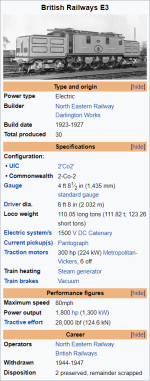(The Cabinet, as composed under the Ministry of The Rt. Hon. Sarah Smith, MP, October 2022)
Prime Minister, First Lord of the Treasury, Minister for the Civil Service and Leader of the Labour Party - The Rt. Hon. Sarah Smith, MP
Deputy Prime Minister, Deputy Leader of the Labour Party, Leader of the House of Commons and Lord President of the Council - The Rt. Hon. Angela Eagle, MP
Chancellor of the Exchequer and Second Lord of the Treasury - The Rt. Hon. Oona King, MP
Secretary of State for the Home Department - The Rt. Hon. John Healey, MP
Secretary of State for Foreign and Commonwealth Affairs - The Rt. Hon. Mark Seddon, MP
Secretary of State for Defence - The Rt. Hon. Pamjit Dhanda, MP
Secretary of State for Justice and Secretary of State for Wales - The Rt. Hon. Nick Thomas-Symonds, QC, MP
Secretary of State for Transport - The Rt. Hon. Azfal Khan, MP
Secretary of State for Education - The Rt. Hon. Seema Malhotra, MP
Secretary of State for Health - The Rt. Hon. Gemma Tumelty, MP
Secretary of State for Business and Industry and President of the Board of Trade - The Rt. Hon. Matt Carter, MP
Secretary of State for the Environment, Energy and Climate Change - The Rt. Hon. Seb Dance, MP
Secretary of State for Agriculture, Food and Fisheries: The Rt. Hon. Arlene McCarthy, MP
Secretary of State for Social Security - The Rt. Hon. Tasmina Ahmed-Sheikh, MP
Secretary of State for Employment - The Rt. Hon. Luciana Berger, MP
Secretary of State for Energy and Climate Change - The Rt. Hon. Arlene McCarthy, MP
Secretary of State for International Development and Co-operation - The Rt. Hon. Kat Fletcher, MP
Secretary of State for Human Rights and Equalities and Secretary of State for Scotland - The Rt. Hon. Danielle Rowley, MP
Secretary of State for Culture and Communications and Minister for the Olympics: The Rt. Hon. David Prescott, MP
Secretary of State for Northern Ireland - The Rt. Hon. Ian Austin, MP
Chief Secretary to the Treasury - The Rt. Hon. Will Straw, MP
Parliamentary Secretary to the Treasury and Labour Chief Whip - The Rt. Hon. Barbara Keeley, MP
Leader of the House of Peers and Chancellor of the Duchy of Lancaster - The Rt. Hon. Alan Milburn, MHP




